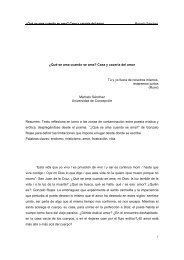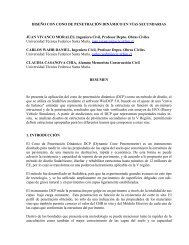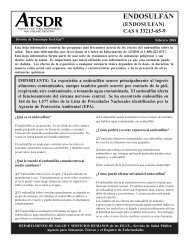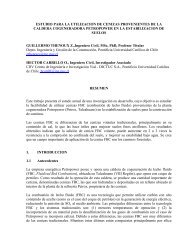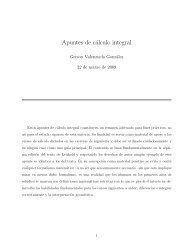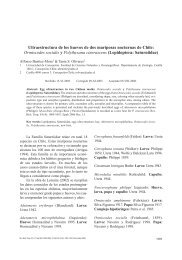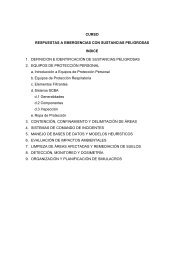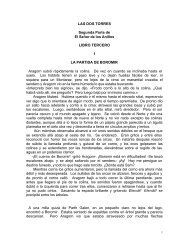Beer : Health and Nutrition
Beer : Health and Nutrition
Beer : Health and Nutrition
Create successful ePaper yourself
Turn your PDF publications into a flip-book with our unique Google optimized e-Paper software.
The Impact of Alcohol on <strong>Health</strong> 145<br />
Korsakoff’s syndrome (Bowden & McCarter 1993) is characterised by a loss of<br />
memory <strong>and</strong> a loss of limb sensation <strong>and</strong> is believed to be due to a shortage of thiamine<br />
<strong>and</strong> perhaps other B vitamins. Wernicke’s encephalopathy (Jolliffe et al. 1941),<br />
characterised by haemorrhaging in the brain, is also due to a shortage of B vitamins.<br />
Again it must be stressed that these conditions are only to be found in abusers who are<br />
not taking a well-balanced diet.<br />
Marchiafava-Bignami disease, which is a brain disease with symptoms that include<br />
loss of balance <strong>and</strong> irrational behaviour, also probably relates to malnutrition in excessive<br />
consumers (Neiman 1998). Likewise, peripheral neuropathy (the damage to nerves<br />
around the body) is probably more a function of vitamin de ciency than alcohol per<br />
se (Todd et al. 1999).<br />
The classic phenotypic condition associated in the popular consciousness with retreat<br />
from alcoholic excess is delirium tremens (the ‘DTs’), a confused state in which the<br />
drinker is agitated, suffers delusions (especially auditory) <strong>and</strong> shakes (Saitz 1998).<br />
The effects described above are associated with excessive consumption of alcohol.<br />
Are there any bene ts to the nervous system from moderate intake of alcohol?<br />
In a study of 4739 sets of twins born between 1917 <strong>and</strong> 1927, a J-shaped curve was<br />
demonstrated between alcohol consumption <strong>and</strong> cognitive function (Christian et al.<br />
1995). Moderate drinkers performed signi cantly better than abstainers or heavy drinkers.<br />
A study in the Aichi Prefecture of Japan by the National Institute for Longevity<br />
Sciences, reported in New Scientist of 9 December 2000, claimed that those who drink<br />
in moderation register a higher IQ than abstainers – by 3.3 points for men <strong>and</strong> 2.5 points<br />
for women. This is irrespective of the preferred drink. There appears to be no conclusive<br />
explanation for the observation – <strong>and</strong> it may well be another example of secondary<br />
correlation: those drinking alcohol in moderation may adopt other lifestyle behaviours<br />
that are commensurate with greater intellectual capacity.<br />
Baum-Baicker (1985b) identi ed ve bene ts on the mind <strong>and</strong> intellect associated<br />
with moderate drinking. The claim is that moderate drinkers (a) are more outgoing <strong>and</strong><br />
enthusiastic about life, (b) are less stressed <strong>and</strong> enjoy all aspects of their life more, (c)<br />
perform some tasks better after a drink, (d) enjoy fewer incidences of depression, (e)<br />
fare better when elderly, including better cognitive function.<br />
Because vascular disease is associated with cognitive impairment <strong>and</strong> dementia,<br />
Ruitenberg et al. (2002) hypothesised that alcohol consumption might also affect the<br />
risk of dementia. They found that light to moderate drinking (1–3 drinks per day) is<br />
signi cantly associated with a lower risk of dementia in those who are aged 55 years<br />
or older. It did not depend on the type of alcoholic beverage.<br />
There is some evidence that people respond to what they think is the strength of the<br />
beer. For example, performance deteriorates after high consumption of an alcohol-free<br />
drink if the consumer believes it contained alcohol (Mortensen et al. 2001).






